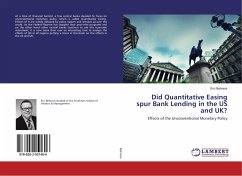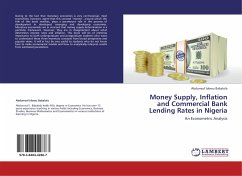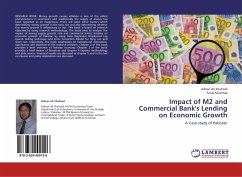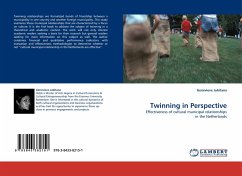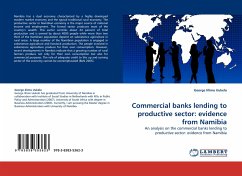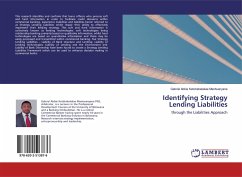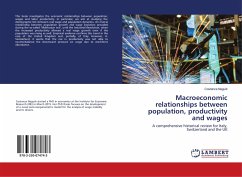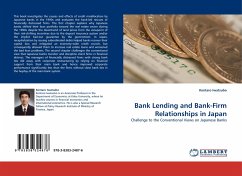
Bank Lending and Bank-Firm Relationships in Japan
Challenge to the Conventional Views on Japanese Banks
Versandkostenfrei!
Versandfertig in 6-10 Tagen
32,99 €
inkl. MwSt.

PAYBACK Punkte
16 °P sammeln!
This book investigates the causes and effects of credit misallocation by Japanese banks in the 1990s and evaluates the bank-led rescues of financially distressed firms. The first chapter explains why Japanese banks shifted their loan portfolio toward the real estate sector during the 1990s despite the downtrend of land prices from the viewpoint of their risk-shifting incentives due to the deposit insurance system and/or the implicit bail-out guarantee by the government. In Japan, recapitalization by issuing subordinated debts helped banks recover their capital loss and mitigated an economy-wid...
This book investigates the causes and effects of credit misallocation by Japanese banks in the 1990s and evaluates the bank-led rescues of financially distressed firms. The first chapter explains why Japanese banks shifted their loan portfolio toward the real estate sector during the 1990s despite the downtrend of land prices from the viewpoint of their risk-shifting incentives due to the deposit insurance system and/or the implicit bail-out guarantee by the government. In Japan, recapitalization by issuing subordinated debts helped banks recover their capital loss and mitigated an economy-wide credit crunch, but consequently allowed them to increase real estate loans and worsened the bad loan problems. The second chapter challenges the conventional view that Japanese banks monitor and discipline client firms in financial distress. The managers of financially distressed firms with strong bank ties did away with corporate restructuring by relying on financial support from their main bank and hence improved corporate performance significantly less than the firms without close bank ties in the heyday of the main bank system.




